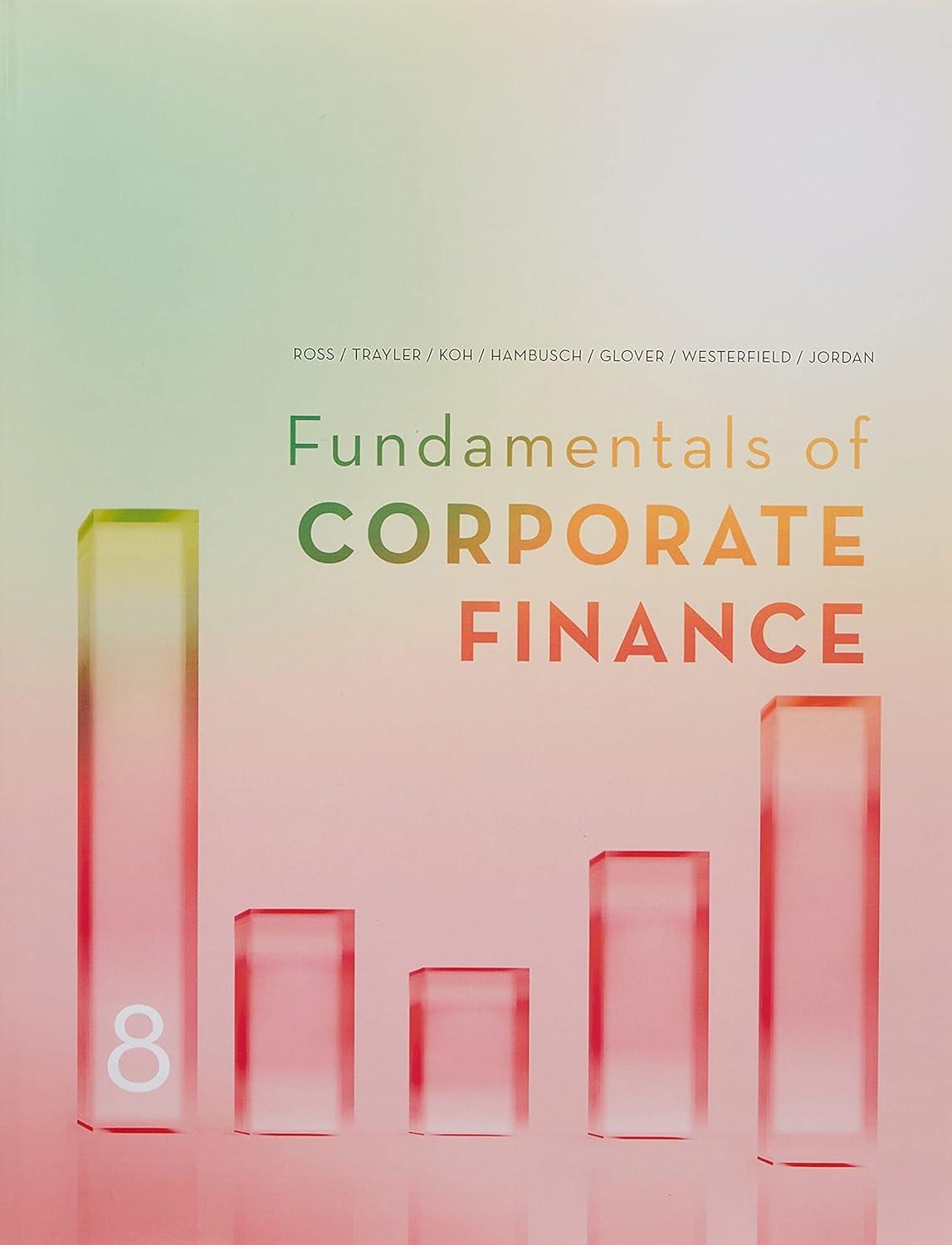3. Assuming all salaries are paid at the end of each year, what is the best option...
Question:
3. Assuming all salaries are paid at the end of each year, what is the best option for Ben from a strictly financial standpoint?
Ben Bates graduated from university six years ago with a finance undergraduate degree. Although he is satisfied with his current job, his goal is to become an investment banker. He feels that an MBA degree would allow him to achieve this goal. After examining schools, he has narrowed his choice to either University A or University B. Although internships are encouraged by both schools, to get class credit for the internship, no salary can be paid. Other than internships, neither school will allow its students to work while enrolled in its MBA program.
Ben currently works at the money management firm of Dirranbandi and Cudgewa. His annual salary at the firm is $53 000 per year and his salary is expected to increase at 3 per cent per year until retirement. He is currently 28 years old and expects to work for 38 more years. His current job includes superannuation and his current average tax rate is 26 per cent. Ben has a savings account with enough money to cover the entire cost of his MBA program.
University A offers one of the top MBA programs in the country. The MBA degree requires two years of full-time enrolment at the university. The annual tuition is $58 000, payable at the beginning of each school year.
Books and other supplies are estimated to cost $2 000 per year. Ben expects that after graduation from University A, he will receive a job offer for about $87 000 per year, with a $10 000 signing bonus. The salary at this job will increase at 4 per cent per year. Because of the higher salary, his average income tax rate will increase to 31 per cent.
Step by Step Answer:

Fundamentals Of Corporate Finance
ISBN: 9781743768051
8th Edition
Authors: Stephen A. Ross, Rowan Trayler, Charles Koh, Gerhard Hambusch, Kristoffer Glover, Randolph W. Westerfield, Bradford D. Jordan






